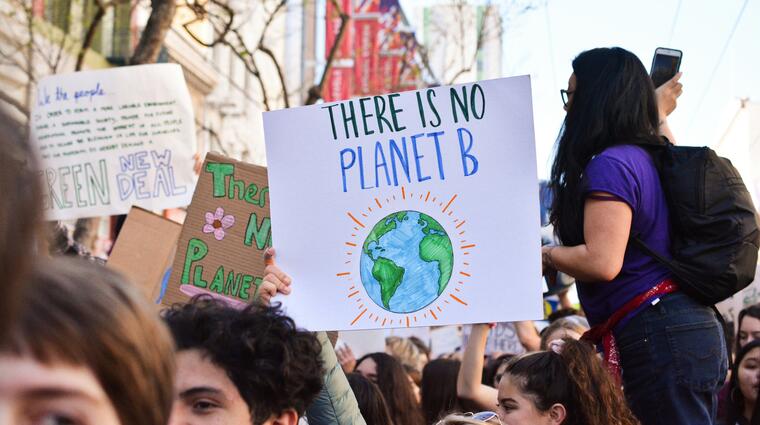High country-level exposure to extreme events isn’t enough. Understanding the links is key to backing climate action, a study in Nature Climate Change shows.

High country-level exposure to extreme events isn’t enough. Understanding the links is key to backing climate action, a study in Nature Climate Change shows.
It might seem that countries that often experience extreme weather events—such as floods or wildfires—show more public support for climate policies. However, a new international study within the TISP project, involving researchers Karolína Pštross and Tereza Klabíková Rábová from the Institute of Communication Studies and Journalism at the Faculty of Social Sciences, Charles University, demonstrates that the crucial factor isn’t whether countries have been more exposed to these events, but whether people living in these countries attribute them to climate change. The research was published open-access in the prestigious journal Nature Climate Change, part of the Nature family of leading scientific publications.
The study, “Extreme weather event attribution predicts climate policy support across the world”, led by Viktoria Cologna (Harvard University, ETH Zurich) and Niels G. Mede (University of Zurich), surveyed nearly 72,000 people in 68 countries on whether they believed that climate change had impacted various forms of extreme weather over the past decade—heatwaves, wildfires, or floods. Cologna and Mede then combined the survey data with forces with worldwide country-level data on extreme weather events, modelled by a team of climate researchers from the ETH Zurich.
In every country studied, there was a somewhat strong perception of a link between climate change and extreme weather. At the same time, the majority of the public supports climate measures, although the level of support varies by the specific policy and by country. For instance, the Czech Republic ranked last among all countries in public support for food taxes as a climate policy, and second to last in support for fuel taxes. However, Czechs’ support for other climate policies was relatively high, which is consistent with most other countries in the study. This suggests that people in the Czech Republic do not disapprove of climate action in general, but they do seem critical towards taxes on carbon-intensive foods and fuels, possibly because of the impact of these policy measures on household budgets.
A crucial finding is that the belief that climate change has impacted extreme weather over the last decades significantly predicts support for climate policies. By contrast, a higher share of exposed population to these events—such as heatwaves, floods, or storms—generally does not correlate with stronger support for climate action. The one exception is wildfires, where higher country-level exposure was positively associated with support for climate policies—an outcome consistent with previous research. In line with this, the Czech Republic, which experienced large forest fires in a national park during July and August 2022, showed relatively higher support for policies aimed at protecting forests and land areas.
The authors conclude that emphasizing the connection between climate change and extreme weather events can help boost public backing for climate measures. Although experimental studies are needed to confirm this effect, the occurrence of extreme events—such as the recent heatwaves in many countries—offers an opportunity for climate communicators to strengthen people’s awareness of that link.


